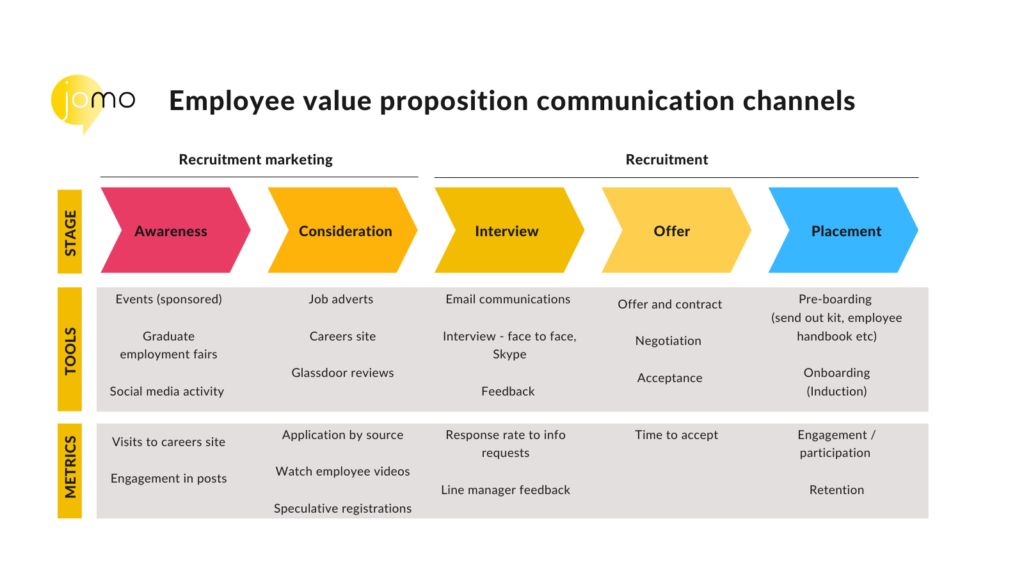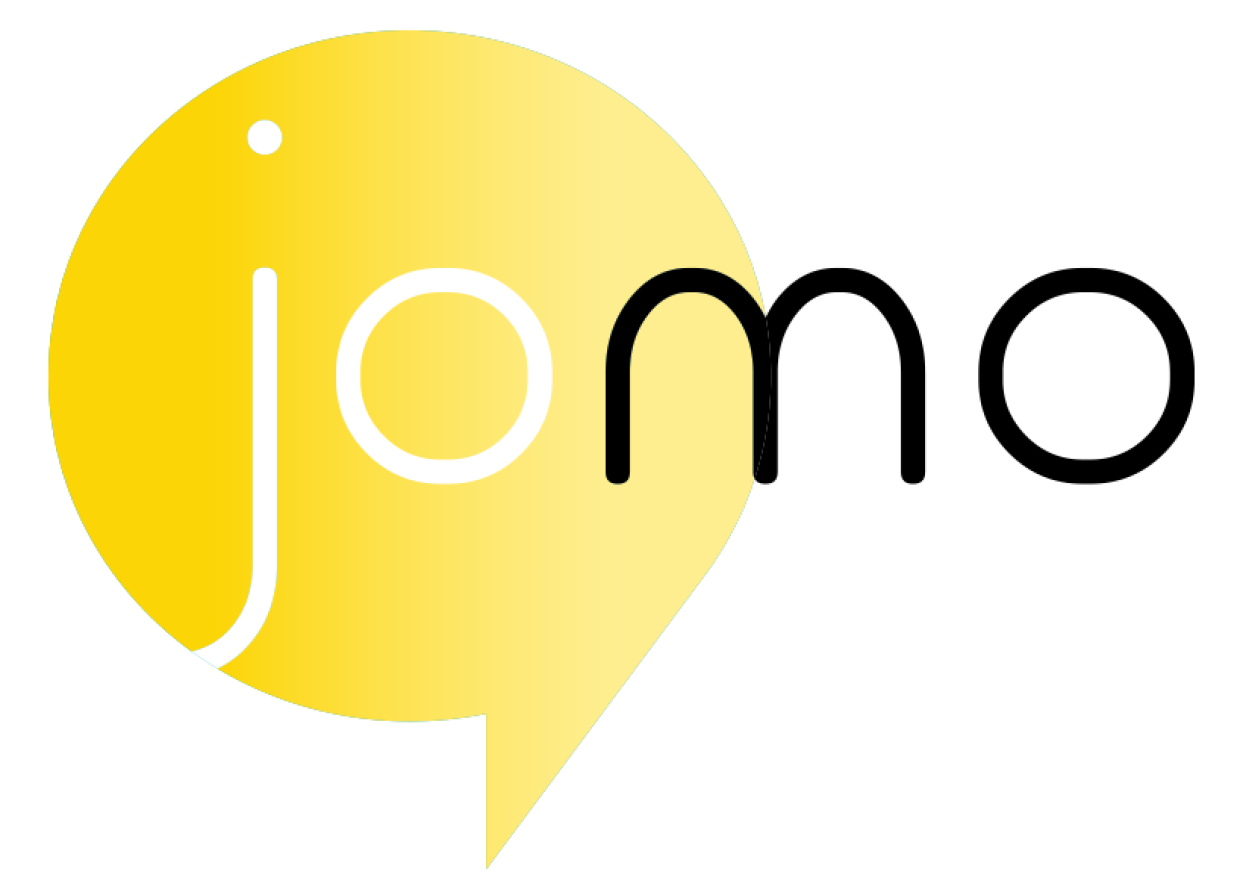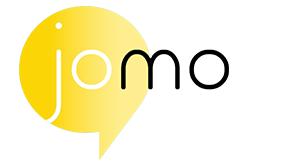Is it time to audit your current process – despite investing a lot in a great new careers site and recruitment campaign? (Spoiler alert: yes.)
Picture this: you managed to get everyone on the same page and overhaul your employer branding strategy. You got the buy-in to make it a reality, and it’s finally being discussed at board level.
Plus, you’ve got an awesome team who now have access to some amazing tools: a great new careers site, automated video interviewing, a little button in your ATS that tells you who is holding things up… you name it.
So, why aren’t the applications hitting the mark?
Why are things taking longer than you thought they would?
And why isn’t the talent pool growing?
There are usually big, big expectations when it comes to launching a new employer brand. Launching a careers site and subscribing to a new recruitment tech stack can be a big investment. And it’s easy to think with a costly recruitment site comes immediate success.
But think about it. It’s like building and launching a new brand; success doesn’t happen overnight. Great brands are the result of consistent marketing in a way that connects with a consumer.
Employer brands are no different.
Getting started: auditing your employer brand channels
“Your employer brand attracts talent, your EVP gives them a reason WHY they should apply and join your organisation.”
I want you to look at your entire recruiting journey and its impact on the employee value proposition as a whole. You’re going to need a combination of qualitative and quantitative data to understand where the potential challenges and opportunities may lie.
From a quantitative perspective, I’m talking numbers. The number of applications, the percentage of CVs that come through that are great for roles or worthy additions to your talent pools. I’m also talking about the days you spend waiting for feedback from a line manager.
And from a qualitative perspective, I’m talking about people and experiences. Do the images on the careers site accurately represent your workplace? Do the Glassdoor reviews put potential hires off?
I get that this can be overwhelming, so I am going to suggest breaking this into stages and tackling each one at a time.
Below is an example to show you what I mean.

This exercise is hugely useful because… there are some things you don’t know, you don’t know.
Let’s start with breaking down your candidate journey into the following stages:
Awareness – consideration – interview – offer – placement
(For those eagle eyed amongst you, you’ll notice these are not too dissimilar from marketing funnel stages!)
Okay, now I have set the context and how to break up the stages, here are a number of recommendations to start your audit process.
Auditing your recruitment marketing channels
This is the public-facing part of the process, whereby you’re trying to get both active and passive candidates to your careers site where you’ll present to them your value proposition.
Now let’s be honest, this is most probably the part you’re least confident about. But that’s okay, as it’s the part that merges with marketing, and if I am honest, I am yet to find a recruitment team that’s 100% comfortable with this. So you’re not alone!
Here are some questions to audit these stages:
Awareness:
What marketing campaigns are you running?
- Where are they advertised?
- What’s the call to action?
- What percentage are based around skill sets your short in?
- Which brands are you partnering with to run events? Do your future candidates align with these brands?
Which social media channels are you using?
- Do you have a strategic approach to the channel selection?
- Do you have separate recruitment and marketing accounts?
- Do you have enough followers to get the right exposure?
- Does the channel match the type of candidate you are looking to attract? E.g. TikTok users versus LinkedIn.
- Does anyone answer the questions/comments that come through?
Consideration:
Your job adverts
- Where are they placed? What happens to them when the role expires?
- Is it just multi-sector or generalist boards they are placed on?
- What’s the application process from the job board to your site like?
- Do adverts use inclusive language and enough information to generate an application?
- Does your agency use the exact same language or do they use different versions? What’s their success rate?
- How are they written, do they communicate the offer succinctly and in a way that matches your brand?
Glassdoor reviews
- Who owns the process of monitoring all reviews?
- Is there a structured way of receiving and acting upon feedback?
- Are there any positives you can use in your recruitment materials?
The careers site
- Is it found in Google? And is it optimised for the types of candidates you are looking to attract?
- Does it work on a mobile? In Chrome? Does in work in Android if you’re looking to hire, say developers?
- Does the application process work on a mobile device?
- If it has videos, can they be viewed in different countries? (e.g. Vimeo isn’t available in all countries).
- Have you set up your analytics properly? Which pages are visited regularly and which are visited rarely?
- Does your screening process alienate or discount potential applicants?
- How many steps does it involve to successfully apply for a role?
- What’s the process for feedback, and is it representative of your values?
Auditing your recruitment process channels
This is where the good stuff is, the day to day recruitment that builds and nurtures that talent pipeline.
So, let’s dig further into this with even more audit questions.
Interview:
Tools
- Which tools do you use to interview applicants? Phone calls, Skype, video interviews, face to face. Are online methods accessible for the candidate?
- Are candidates told in advance of what format it will happen in, and what to expect?
- How many stages are there?
- To what extent do you think video interviews help/hinder the process?
Interview questions
- What types of questioning do you use? Competency-based, behavioural and values-led interviews.
- If agencies are conducting interviews, do you provide a script for them to follow?
Email comms
- Are your email communications sent out swiftly, and are they delivered to their inboxes?
- Feedback – if applicants are unsuccessful, is it delivered over the phone, and with meaningful actions?
Offer:
Offer and contract
- Is the offer letter sent out on time, and with the appropriate information – or, do candidates need to chase for this?
- What’s your offer acceptance rate? Are people saying no because you’re not presenting your value proposition that well or maybe a competitor offers a more realistic package?
Placement:
Pre-boarding
- Are your kits sent out, and technology equipment delivered effectively?
- Do new hires feel supported during this process, how easy is it to get hold of someone in tech support if they are remote workers?
- Have you sent log-ins to the appropriate platforms with info on the company?
- Have you asked for and received all references?
Onboarding
- Do you have a first day, first week and first month checklist?
- Is the new hire clear on what is expected of them?
- Is the new hire clear on what success looks like?
- Have they been introduced to all relevant managers and stakeholders?
- Have they been assigned induction buddies, peers and colleagues?
And lastly, who do you get to run this exercise and audit your employer branding channels?
In addition to your team, I would recommend asking new hires who have recently gone through this experience as it’ll be fresh in their mind.
Ask employees from departments or functions you’re seeing a dip in applications from too. The more outside perspective, the better.
To learn more check out the articles below:
3 Examples of Employers Rocking their Employer Branding
3 Examples of Culture Decks to Inspire Your Employer Brand


